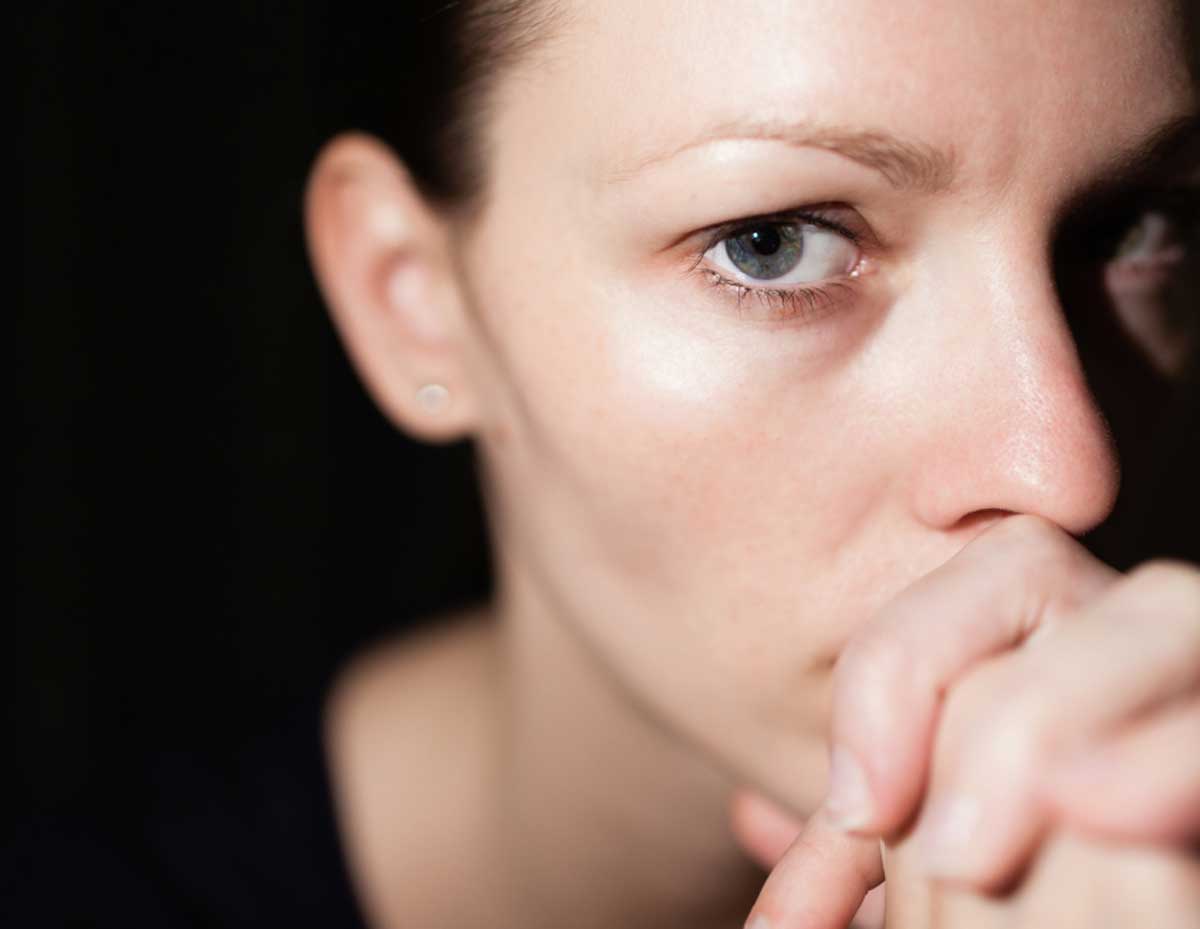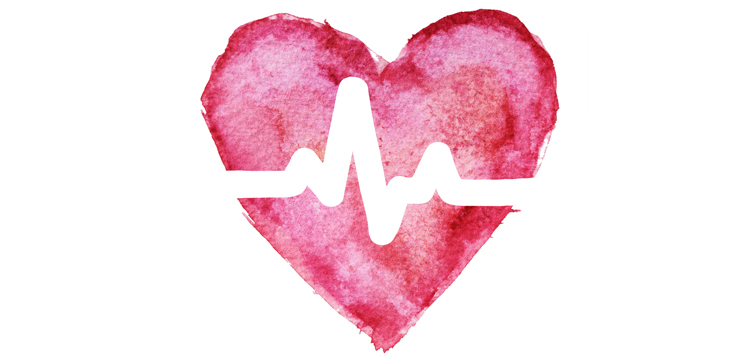
Dr. Megan Poe has been obsessed with the subject of love since childhood – and now her pet topic is blossoming into a mini-phenomenon. The 42-year-old psychiatrist and associate professor teaches an undergraduate course on love, which she designed at New York University. Its success has been incredible, with the class proving so popular among students it tripled in size in just two years.
The class is called “Love Actually”. It tries to pack into one semester as much as possible on the human experience of love. The architecture of the course moves in two psychological directions: horizontally and vertically. The vertical trajectory expands out from the individual to encompass family love, collective love, and then universal love. The horizontal trajectory looks at the types of loving relationships you encounter across a lifespan. Basically, it’s the class I would have loved to take. To read more from Paul Willis, click here.









